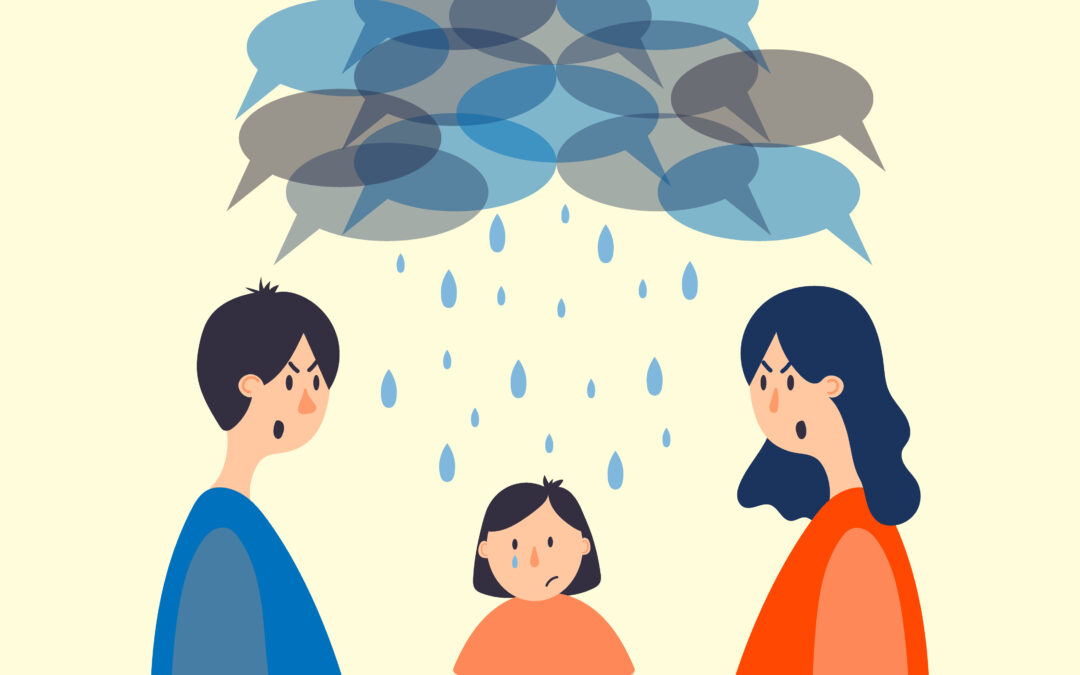The word family means something different and looks like something different to everyone. It can be a source of love, support, and security. However, family can also be a source of pain and stress. Relationships with family members can be very difficult to navigate, in part because they mean so much to us. When family issues cannot be resolved, this relationship can become overwhelming and can lead to symptoms of mental health issues such as anxiety or depression.
Conflict within families is normal and can be somewhat healthy. These situations usually resolve on their own or with a little constructive dialogue between family members. But other conflicts can be much more significant. In cases where resentment and toxic patterns arise, family interactions can become sources of frustration and tear relationship apart.
Difficult family relationships can take on many forms. You can have a sibling who takes sides. A father who is overly critical. Or a mother who makes your business the business of the rest of the extended family. Some situations can go as far as trying to share your struggles and feelings but hearing the repones, “I guess I’m just the worst parent then.” These turbulent and sometimes traumatic family relationships can have long-lasting effects on your mental health. You might:
-
- Blame yourself for family issues
- Find yourself mentally and physically exhausted from spending time with family
- Push people away if they get too close
- Experience fear and anxiety during family gatherings
- Develop trouble sleeping or focusing due to stress from family interactions
In order to minimize these consequences, you can take steps to create peaceful interactions. While cutting ties is not always the best solution, therapy is an approach you can take that can help repair family bonds and improve your relationship with those closest to you.
Find a therapist who can help you address your family problems and give professional advice to work towards resolving them. You may want to work with a therapist individually in order to address specific mental health concerns and develop good coping and conflict resolution skills. Or you can do family therapy in which multiple people participate in sessions with a therapist. This environment offers a neutral space for all people involved to work through issues that may be weighing on the family relationships.

